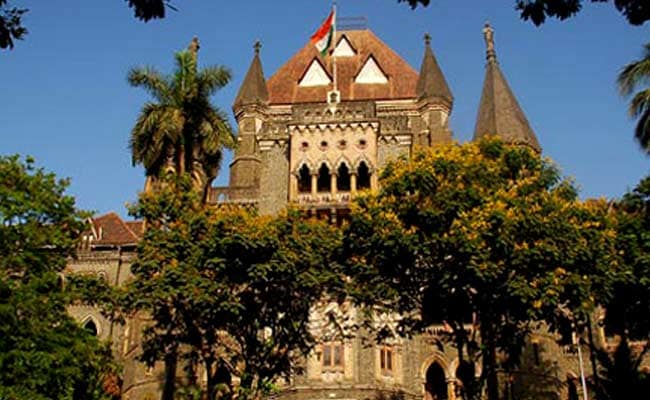
The Bombay High Court has granted probate for the execution of a dead woman's will, 31 years after a plea to execute the will was filed in court, calling it a "tragic and terrible commentary on our justice delivery system".
Justice Gautam Patel on March 10 decided upon the testamentary petition filed by the woman's four children, two of whom had died while the plea remained pending in the High Court.
The other two petitioners are now in their 80s.
A copy of the order was made available on Sunday.
The court noted with dismay that the plea remained pending for three decades, even though the will had been uncontested.
As per the HC judgement, the will belonged to city resident Rasubai Chinoy, who died in October 1989.
She made her will in 1980, bequeathing all her assets, including a property in the Masjid Bunder area of Mumbai, to a charity established in the name of her maternal aunt.
Ms Chinoy had five children, one of whom is based in Karachi, Pakistan.
The other four children approached the High Court after Ms Chinoy's death, stating they did not want to contest the will and that the court therefore, allow for its execution so that the assets in question could be bequeathed to the charity.
The High Court registry at the time, however, flagged the petition after noting that the will had not been attested.
It said that since the will had not been attested or signed by witnesses, it did not conform to the requirements of Section 63 of the Indian Succession Act 1925, and therefore, should not be considered as a valid will.
On Wednesday, Justice Patel ruled that Ms Chinoy belonged to the ''Cutchi Memon'' community. Therefore, her will was governed by the Mahomedan Law that did not require attestation of wills.
Justice Patel held that the Indian Succession Act did not apply in Ms Chinoy's case.
He relied upon a 1905 judgement of the Bombay High Court to come to such a conclusion.
"The first oddity about the matter, and it is truly inexplicable, apart from being a tragic and terrible commentary on our justice delivery system, is that, though uncontested, the matter has been pending in this court for the last thirty one years," Justice Patel said.
"There is indeed a question of law involved. But the answer to it is neither complex nor new. Indeed, that answer is even older than the Petition: the solution is from 1905. It is an answer that the Petition could have received very much earlier," he said.
Justice Patel ordered that the probate for Ms Chinoy's will be issued by March 19 this year.
He also passed a slew of directions to facilitate the payment of pending property tax dues on the assets in question to the Brihanmumbai Municipal Corporation, and for completion of other formalities for bequeathing the assets to charity.
Track Latest News Live on NDTV.com and get news updates from India and around the world

